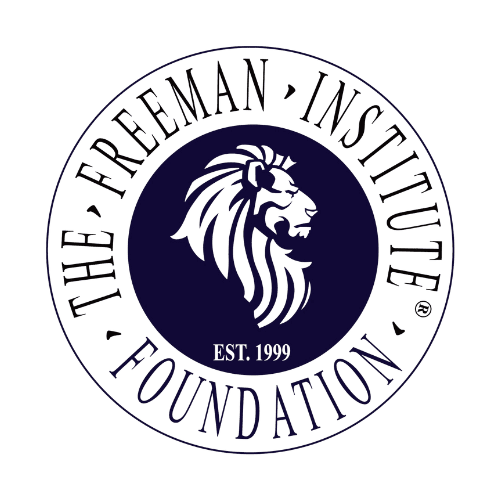
"When Strangling Someone Isn't an Option!"

Workshops for supervisors, educators, youth, government, non-profit organizations, urban programs can be customized to work for virtually any organization, on-site.
B O T T O M L I N E B E N E F I T S
Immediate and long lasting
1. Each participant has a better understanding of his/her anger style.
2. Reduction of the potential for conflict or power struggles. (preventive maintenance vs.
crisis management)
3. Reduction of unrefined, crude anger.
4. Increase of tempered assertiveness.
5. Greater sensitivity to work force diversity.
6. Tools for influencing an emotionally safe climate.
7. Working with change; not against it.
8. Knowing how to approach different people and situations.
9. Understanding how to deal with "hot" and "cold" expressions of emotion.
10.Knowing how to address the five different types of anger from the perspective of five
different values.
11.Enhancing awareness of the addictive nature of anger.
NEEDS ASSESSMENT TO DETERMINE HOW TO CUSTOMIZE PROGRAM
P R O G R A M O V E R V I E W
Full day version with appropriate breaks
* Participants share the best part(s) and most challenging aspect(s) of their jobs (if smaller group).
* Presenter introduces himself and the purpose of the program.
* Cultural influences.
* The “two” voices.
* Four cardinal feelings.
* Stages of change: i. Precontemplative ii. Contemplative iii. Preparation iv. Action v. Maintenance
vi. Termination
* Precontemplative defenses.
* Strategy: Dos and don’ts for helping the Precontemplator
* How to help the Contemplator.
* Presentation of Anger Balance sheet.
* Strategies for responding to “I don’t have an anger problem.”: i. Gentle reality check ii. “Engauging”
iii. Exploring ambivalence iv. Red pajamas—Green pajamas choice
* Metaphors: i. An iceberg problem? ii. Recruiting firepersons iii. Anger management as conditioning
iv. Feelings as gauges v. Adding new golf clubs to the bag
* Presentation of Anger record.
* Administering the “IRATE” (Individualized Reach Anger Type Evaluation) Inventory.
* Addiction as vicious circle.
* Various addictions to power: i. Rage for order ii. Mad about you iii. Breaking out iv. Shame-Game
(How anger compensates for shame) v. Avoiding conflict.
* Mad Science: Observing what goes into making one mad.
* Characteristics of a “Rage-Robot”.
* Anger escalation and prevention.
* Inverse relationship between anger and freedom.
* Proper and improper uses of “time-outs”.
* Types of inflammatory thoughts: i. Personifying ii. Mind-reading iii. All-or-nothing thinking
iv. Catastrophizing. v. Blame-game vi. Labeling vii. Should-ing viii. Avenging.
* Constructing extinguishing thoughts.
* Three phases of anger work.
* Transforming anger to be an inner teacher.
* Time for questions and answers.
Let's Start the Conversation!
Thank you for your interest in the Freeman Institute Foundation! We are thrilled to connect with you and explore how we can support your organization's growth, leadership, and personal development needs. Please take a moment to fill out the contact form below, and we'll be in touch with you soon.
Contact Us
Call us
(410) 729-7800Send us an email
[email protected]